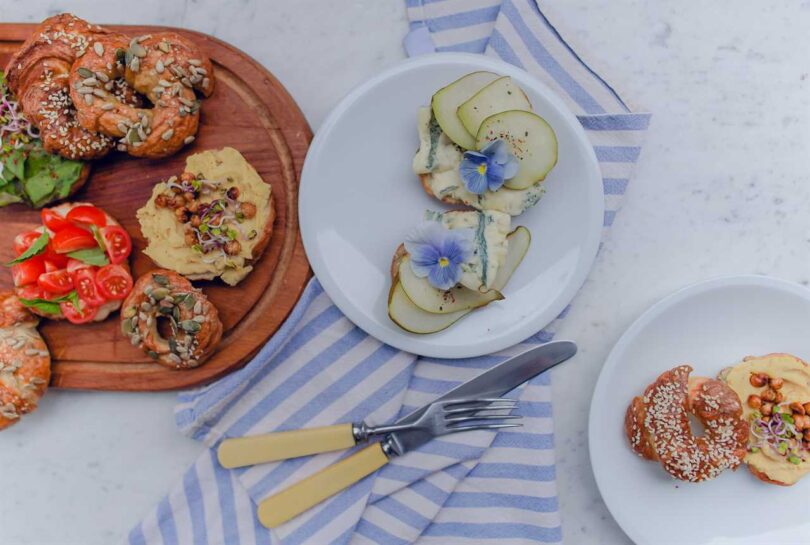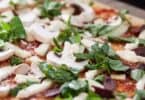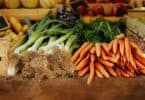Cooking is an art that requires skill, precision, and knowledge. To achieve better results in the culinary realm, it is essential to adopt certain cooking tips.
This article aims to provide a comprehensive guide on essential cooking tips that can enhance cooking skills, improve the taste and presentation of dishes, and make the cooking process more efficient and enjoyable.
By focusing on areas such as knife skills, seasoning techniques, cooking methods, kitchen organization, and time management, individuals can elevate their culinary prowess and create delectable meals.
Key Takeaways
- Use a sharp knife for better control and precision.
- Taste your food as you cook to adjust the seasoning.
- Master the art of sautéing, searing, braising, steaming, and roasting.
- Keep your kitchen clean and organized for efficient work.
Knife Skills Refresher
To improve precision and control, it is recommended to use a sharp knife when practicing knife skills in the kitchen. Knife safety is of utmost importance, and a sharp knife reduces the risk of accidents.
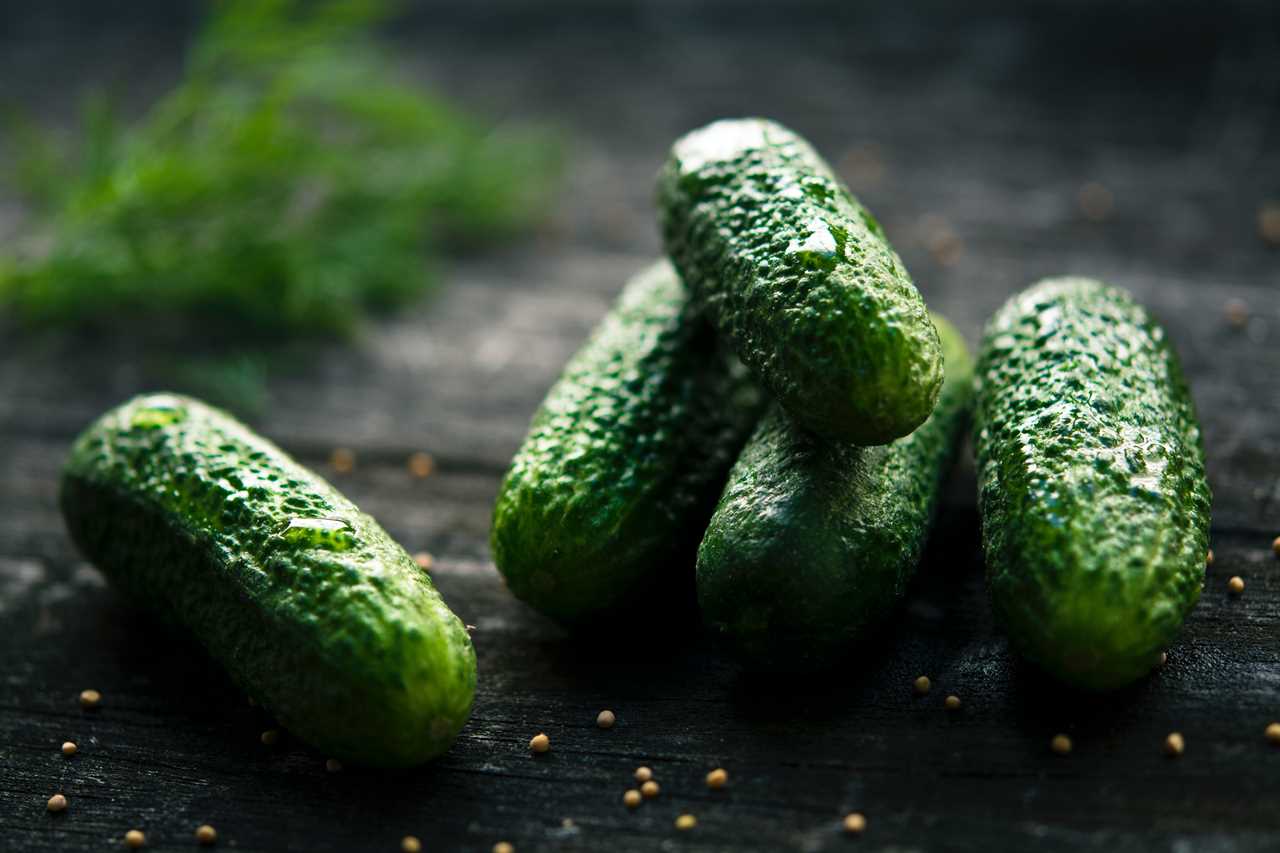
Regular knife maintenance is necessary to ensure optimal performance. It is essential to keep the blade sharp by regularly sharpening it with a whetstone or honing it with a sharpening steel.
Additionally, proper storage is crucial to prevent damage to the blade and to ensure safety. Knives should be stored in a knife block or on a magnetic strip to keep them organized and easily accessible.
Mastering Seasoning Techniques
Salt is commonly used to enhance the flavors of dishes and should be added gradually to avoid over-seasoning. When it comes to seasoning, there are various techniques and flavor pairings that can elevate your cooking.
Here are some marinade secrets and flavor pairings to consider:
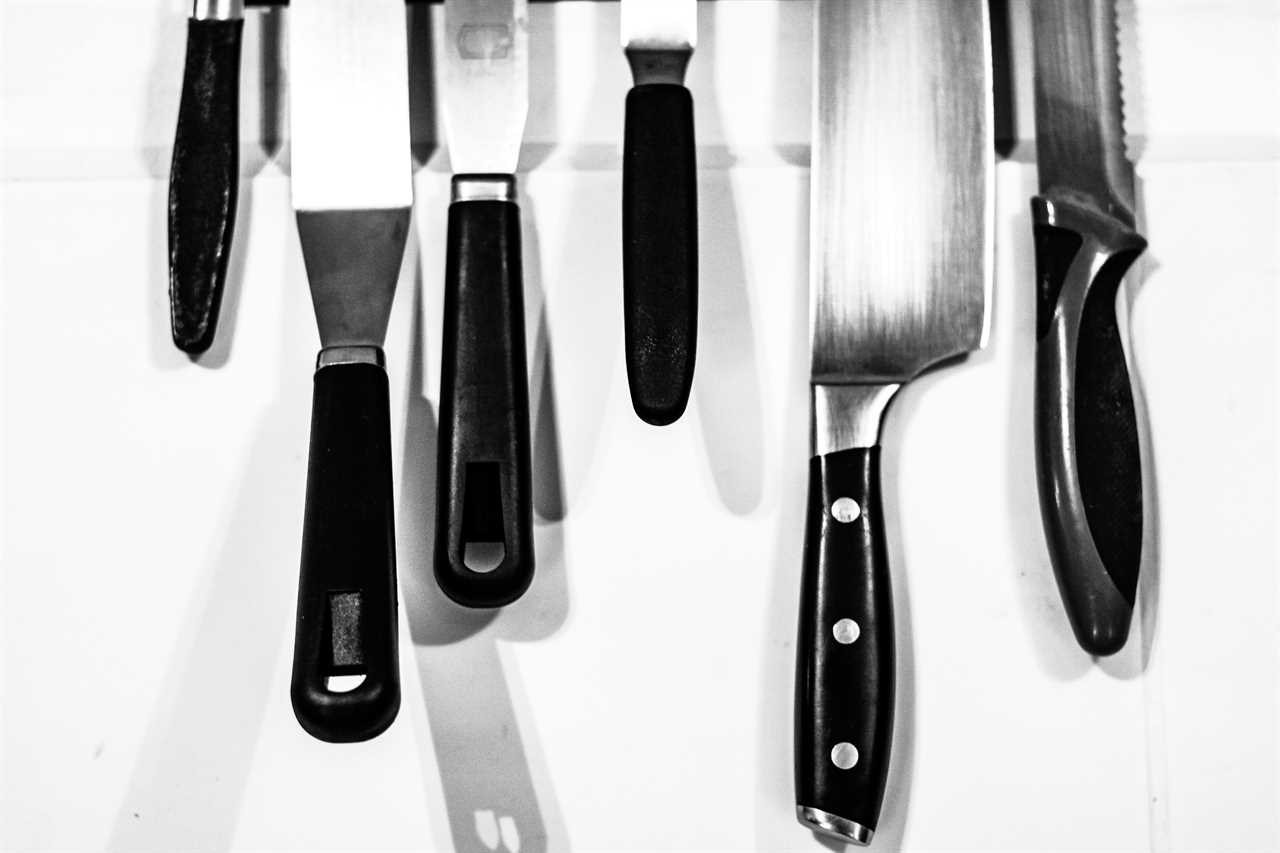
-
Marinade Secrets:
-
Use acidic ingredients like lemon juice or vinegar to tenderize meat.
-
Incorporate oil or fat to add moisture and prevent dryness.
-
Experiment with different herbs and spices to infuse flavors.
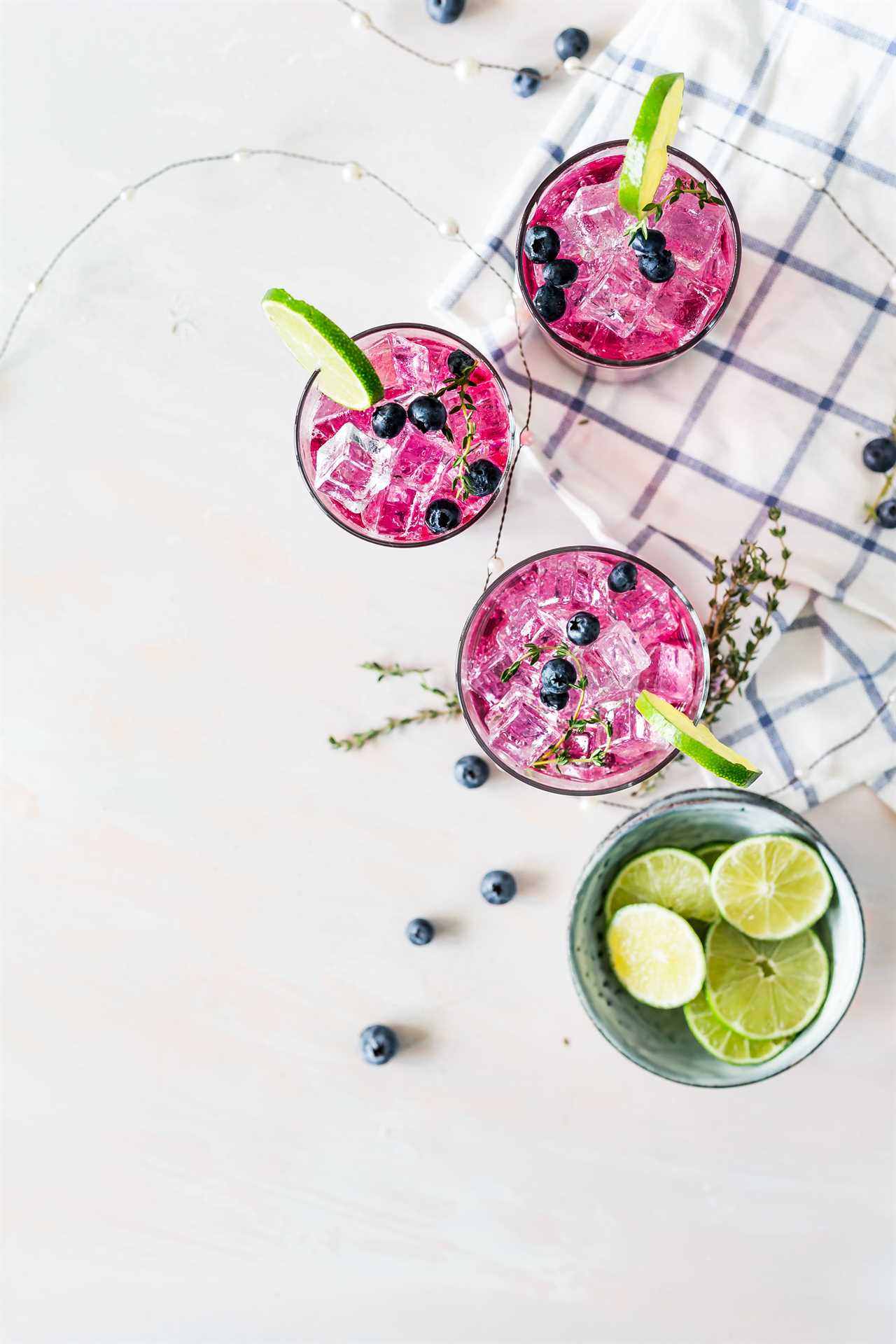
-
Flavor Pairings:
-
Try combining sweet and savory flavors, such as honey and soy sauce.
-
Balance out spicy dishes with a touch of acidity, like lime or vinegar.
-
Enhance the natural flavors of vegetables with herbs like thyme or rosemary.
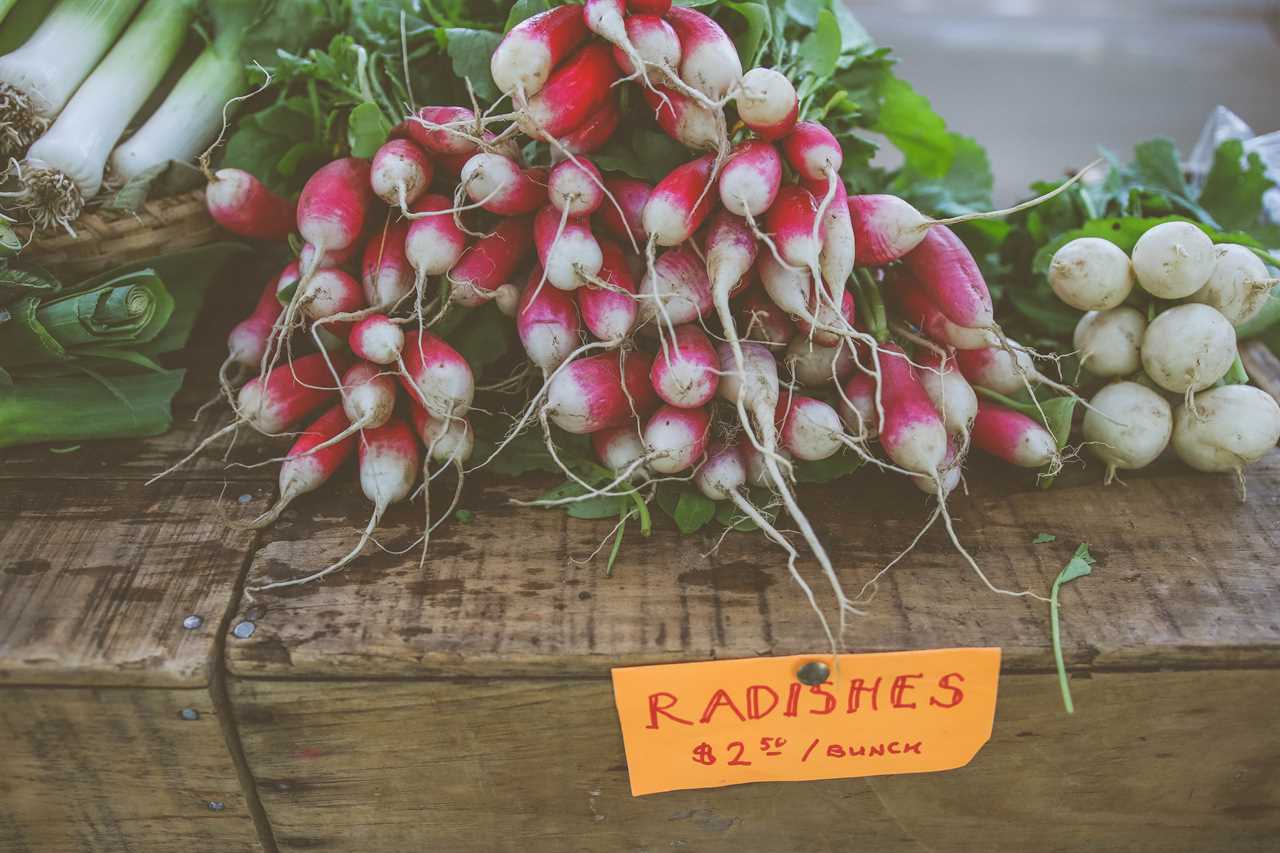
Perfecting Cooking Techniques
Achieving culinary excellence requires mastering a variety of cooking techniques that can elevate the flavors and textures of dishes. One important aspect of cooking is understanding the secrets of marinades. Marinating meat or vegetables can enhance their taste and tenderness. It is crucial to choose the right combination of ingredients, such as acidic liquids like vinegar or citrus juice, oil, and herbs and spices.
Additionally, flavor pairing is another essential skill to develop. By understanding which flavors complement and enhance each other, you can create harmonious and delicious dishes. For example, pairing sweet and savory flavors, or balancing spicy and tangy tastes.
Experimentation and knowledge of different flavor profiles will allow you to create unique and memorable culinary experiences.
The Art of Kitchen Organization
Proper organization of the kitchen is essential for efficient workflow and optimal utilization of space and resources. To achieve a well-organized kitchen, implementing kitchen storage solutions and meal planning strategies can greatly contribute to an organized and functional space.
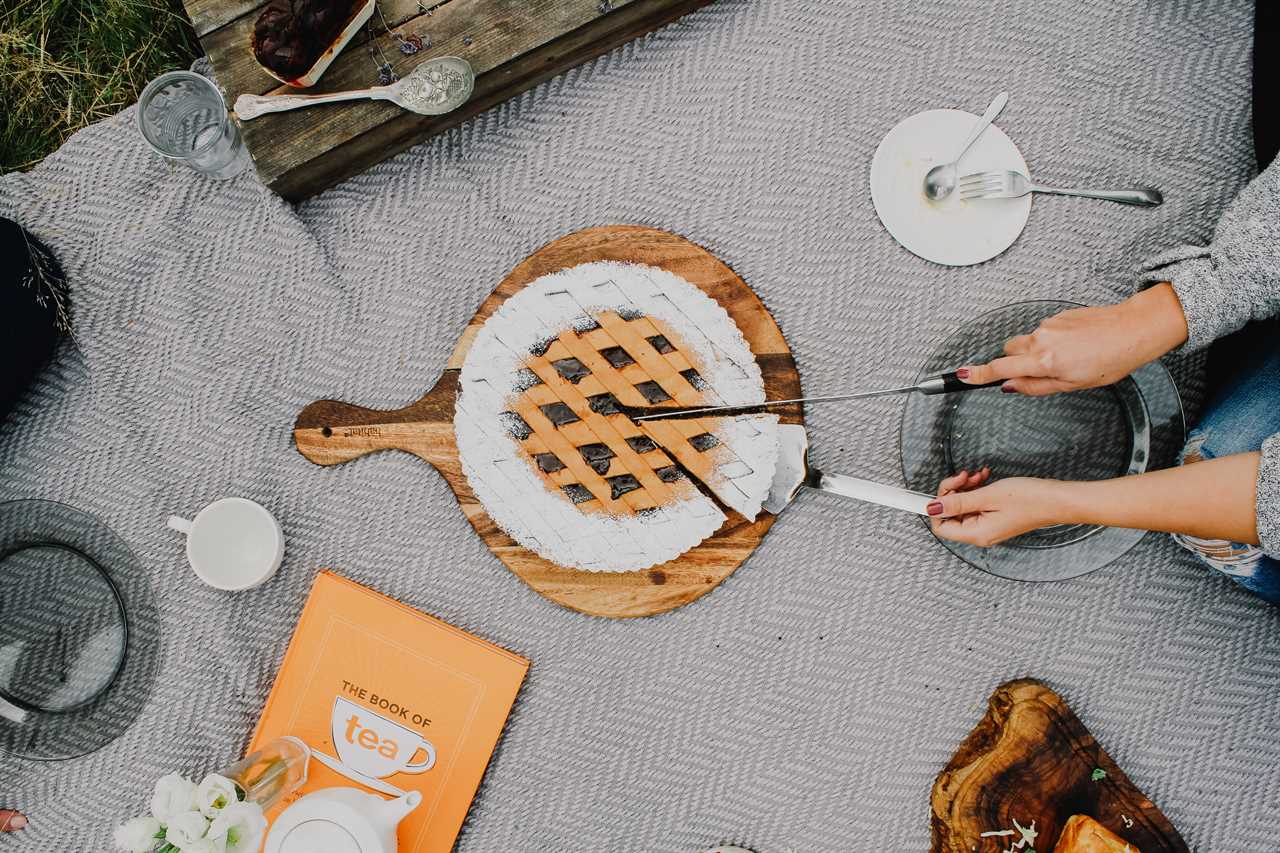
Kitchen storage solutions:
- Utilize storage containers and labels for ingredients and leftovers to maintain a clutter-free environment.
- Arrange tools and utensils in a logical order for quick access and easy retrieval.
- Regular decluttering and removal of items no longer needed to create more space and maintain an organized kitchen.
Meal planning strategies:
- Plan meals in advance to save time and reduce stress during cooking.
- Prep ingredients ahead of time to streamline the cooking process and ensure smooth execution.
- Use timers and alarms to avoid overcooking or burning food while multitasking with other kitchen activities.
Time-Saving Tips for Efficient Cooking
Efficient cooking can be facilitated by employing time-saving techniques that streamline the preparation and cooking process. Incorporating prepping shortcuts and utilizing quick and easy recipes can significantly reduce the time spent in the kitchen.
Prepping shortcuts, such as chopping vegetables in advance or marinating meat overnight, allow for faster assembly when it’s time to cook.

Additionally, opting for recipes that require minimal preparation and cooking time can help expedite the cooking process. Quick and easy recipes often involve simple ingredients and straightforward techniques, allowing for a more efficient cooking experience.
Enhancing Flavors With Marinades and Sauces
Marinades and sauces can be utilized to enhance the flavors of dishes by infusing them with additional layers of taste and complexity. These culinary tools offer a wide range of options for adding depth and richness to meals.
For those seeking alternatives to traditional marinades, options such as dry rubs, brines, and herb-infused oils can provide a flavorful alternative. Dry rubs, consisting of herbs, spices, and seasonings, can be applied directly to meat or vegetables to impart a burst of flavor. Brines, on the other hand, are a mixture of salt, sugar, and water that can be used to enhance the moisture and tenderness of meat. Herb-infused oils, which can be made by infusing olive oil with herbs and spices, can add a subtle yet distinctive flavor to dishes.
When it comes to pairing sauces with dishes, it is important to consider the flavor profiles and ingredients of both the sauce and the dish. For example, a rich and creamy sauce like hollandaise pairs well with eggs benedict, while a tangy and spicy sauce like salsa verde complements grilled fish. By selecting the right sauce to complement the flavors of the dish, one can elevate the overall taste experience.
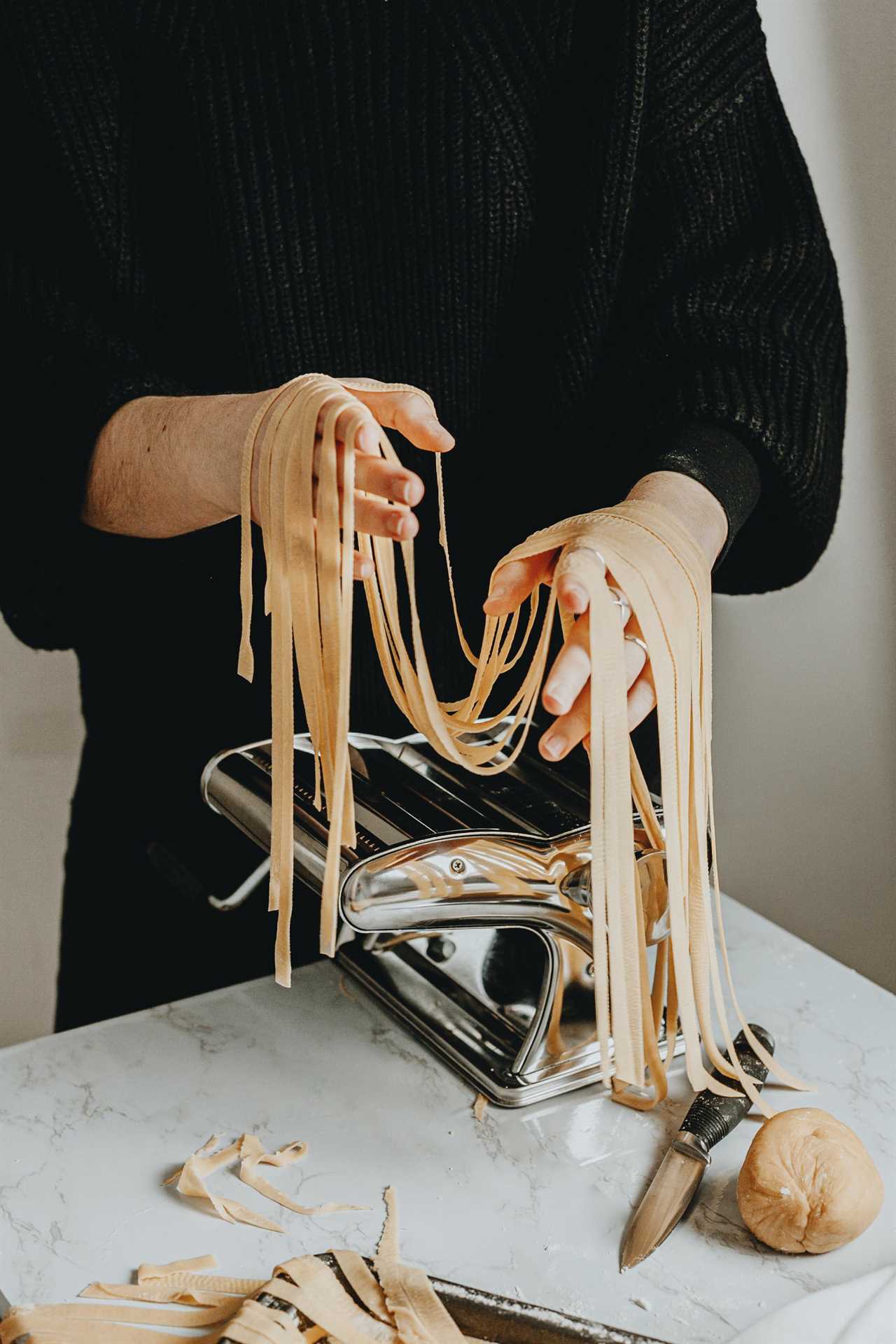
Essential Tools and Utensils for Every Home Cook
An assortment of high-quality tools and utensils is crucial for the successful execution of various cooking tasks in a home kitchen. These must-have gadgets and essential cookware items not only make cooking more efficient but also contribute to the overall enjoyment of the culinary experience.
A sharp chef’s knife is indispensable for precise and controlled cutting, while a sturdy cutting board provides a stable surface for safe chopping.
Other essential tools include a set of measuring cups and spoons for accurate ingredient portioning, a reliable thermometer for precise temperature readings, and a versatile set of pots and pans for various cooking techniques.
Additionally, a food processor or blender can greatly assist in tasks such as blending, pureeing, and mixing.

Troubleshooting Common Cooking Mistakes
To address common cooking mistakes, it is important to identify and rectify errors in technique or ingredient usage. Troubleshooting overcooked meat and fixing underseasoned dishes are two common issues that home cooks often encounter.
When meat is overcooked, it can become dry and tough. To remedy this, one can try using a meat thermometer to ensure the meat is cooked to the desired temperature. Additionally, marinating the meat beforehand can help keep it moist and flavorful.
In the case of underseasoned dishes, tasting the food as it cooks and adding salt and other seasonings gradually can help adjust the flavors to the desired level. Experimenting with different herbs and spices can also enhance the taste of the dish.
Frequently Asked Questions
How Do I Know if My Knife Is Sharp Enough for Cooking?
Determining the sharpness of a knife is crucial for successful cooking. To evaluate the sharpness of a knife, one can perform a simple test by gently running their finger along the blade’s edge. If the knife easily cuts into the skin without much pressure, it is likely sharp enough for cooking.
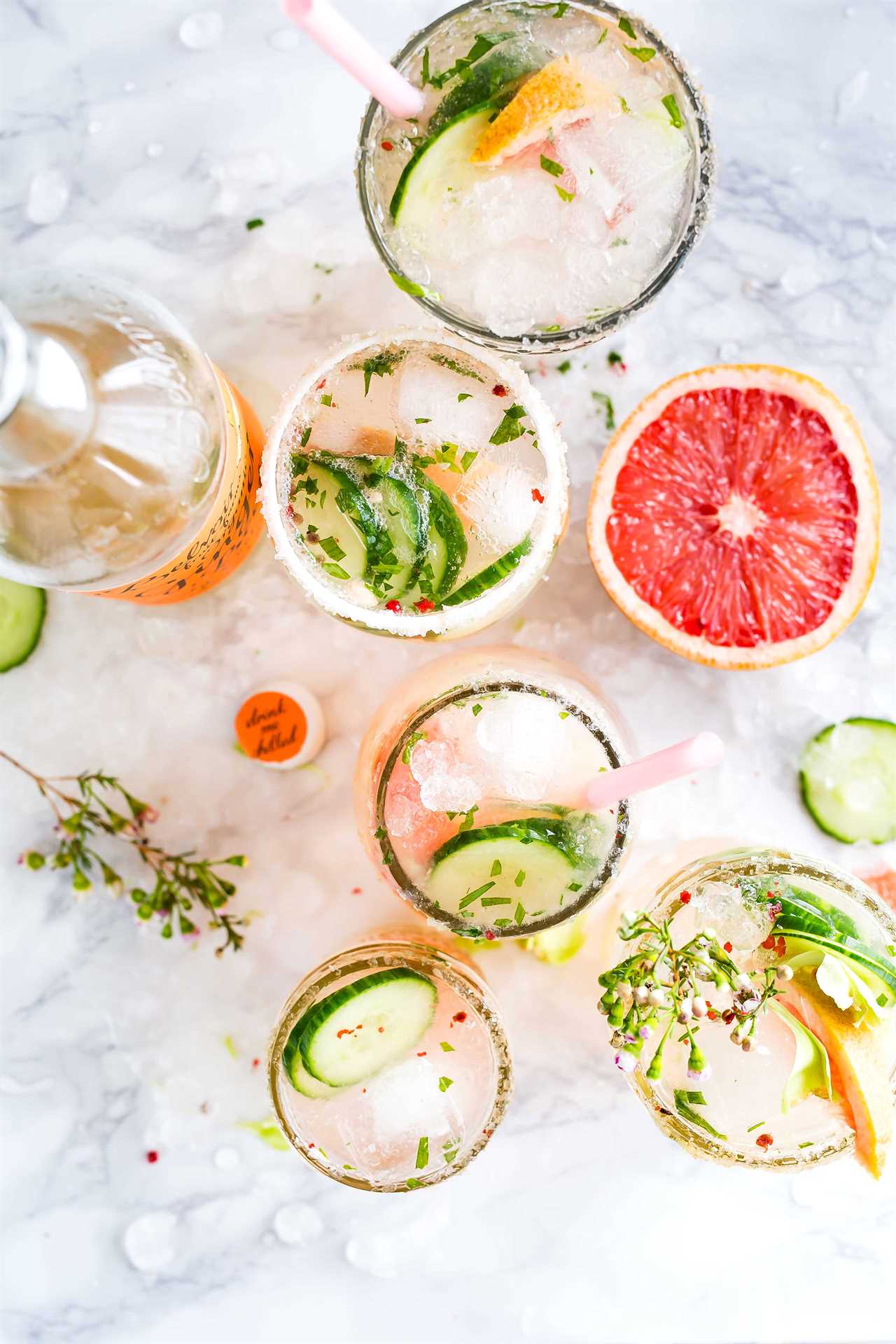
Maintaining a sharp knife is important as it ensures precision and control while cutting ingredients, resulting in better cooking outcomes. Regular honing and sharpening of the knife’s blade can help maintain its sharpness.
Can I Use Dried Herbs Instead of Fresh Ones for Seasoning?
When considering the use of dried herbs versus fresh herbs for seasoning in cooking, it is important to note that both options have their advantages.
While fresh herbs offer a more vibrant and aromatic flavor profile, dried herbs can be a convenient and long-lasting alternative.
When using dried herbs, it is advisable to store them in airtight containers away from direct sunlight to preserve their flavor and potency.
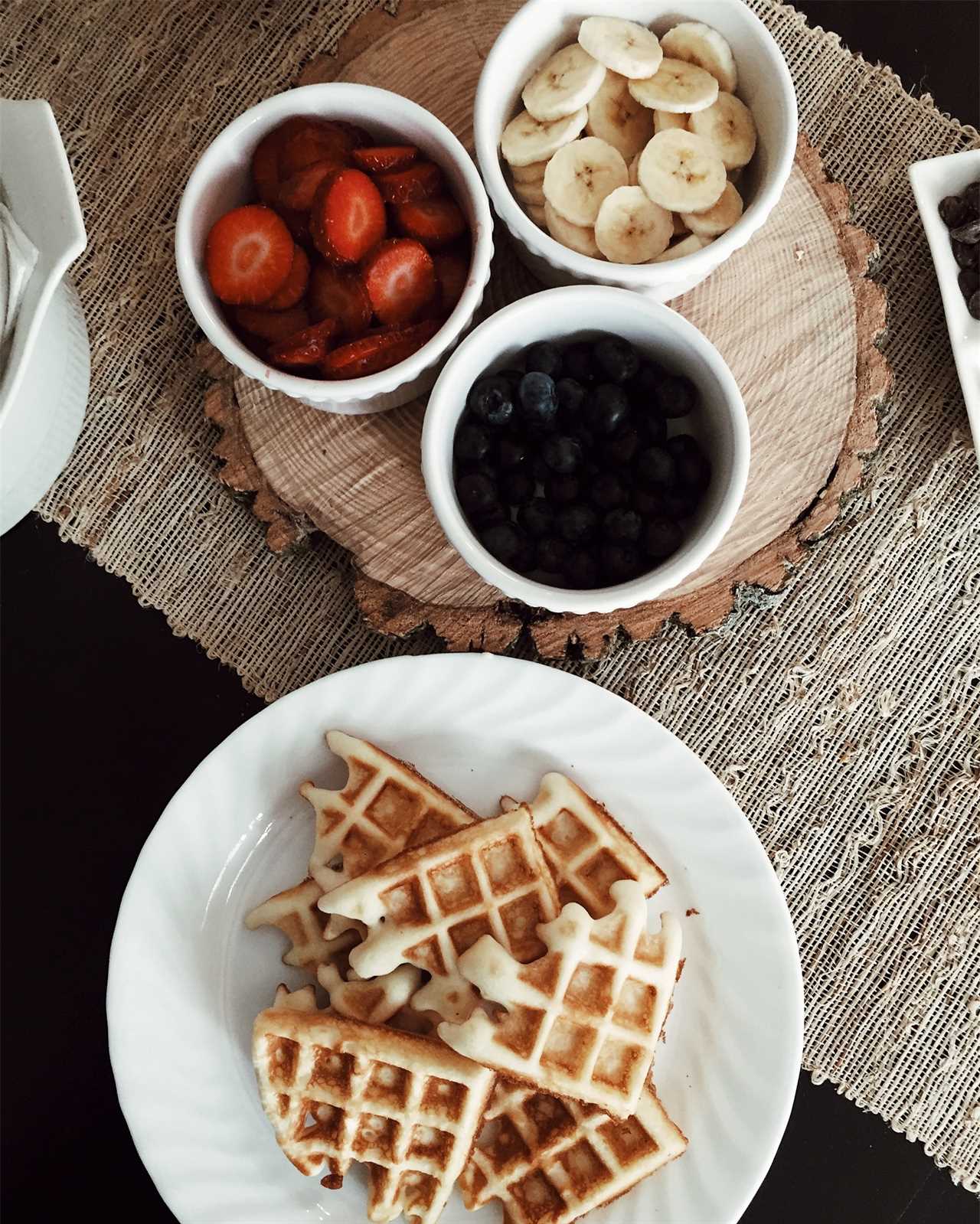
Additionally, it is recommended to adjust the quantity of dried herbs used, as they tend to be more concentrated than fresh herbs.
What Is the Best Way to Store Leftover Ingredients?
When it comes to storing leftover ingredients, there are several best practices, tips, and tricks that can help maintain their freshness and quality.
It is important to store leftovers in airtight containers to prevent air exposure and minimize the risk of spoilage. Additionally, labeling and dating the containers can aid in easy identification and rotation of the ingredients.
Placing leftovers in the refrigerator within two hours of cooking is crucial to inhibit the growth of bacteria. Freezing leftovers can also extend their shelf life. Overall, proper storage techniques ensure that leftover ingredients remain safe and enjoyable to consume.
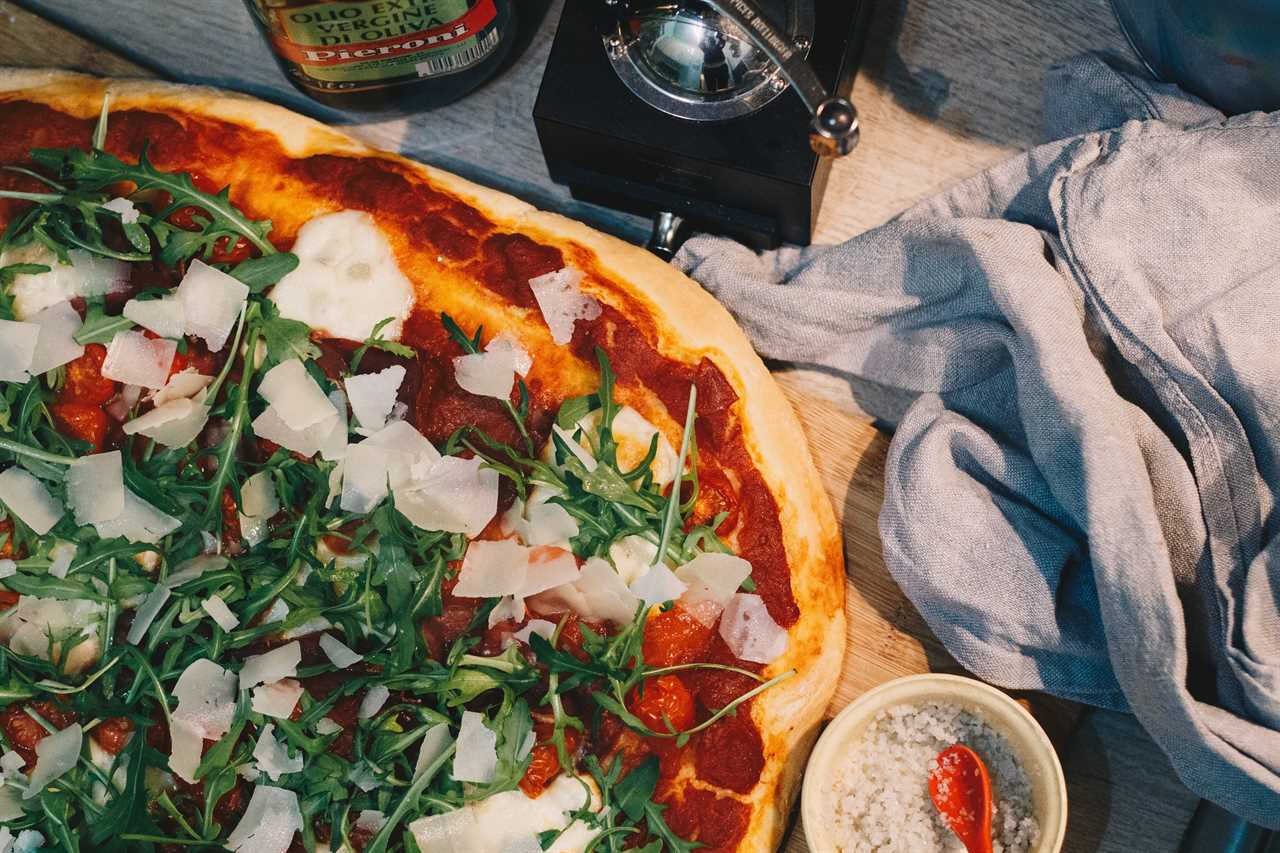
Understanding the difference between sharp and dull knives is essential for beginners in cooking. A sharp knife allows for better control and precision while cutting, slicing, and chopping ingredients. It reduces the chances of accidents and ensures cleaner cuts.
On the other hand, a dull knife can be more dangerous as it requires more force to cut, increasing the risk of slipping and causing injury. It is recommended to regularly sharpen knives to maintain their sharpness and ensure optimal performance in the kitchen.
How Can I Prevent My Food From Sticking to the Pan While Sautéing?
To prevent food from sticking to the pan while sautéing, several techniques can be employed.
First, ensure that the pan is preheated adequately before adding the ingredients. This helps to create a non-stick surface.
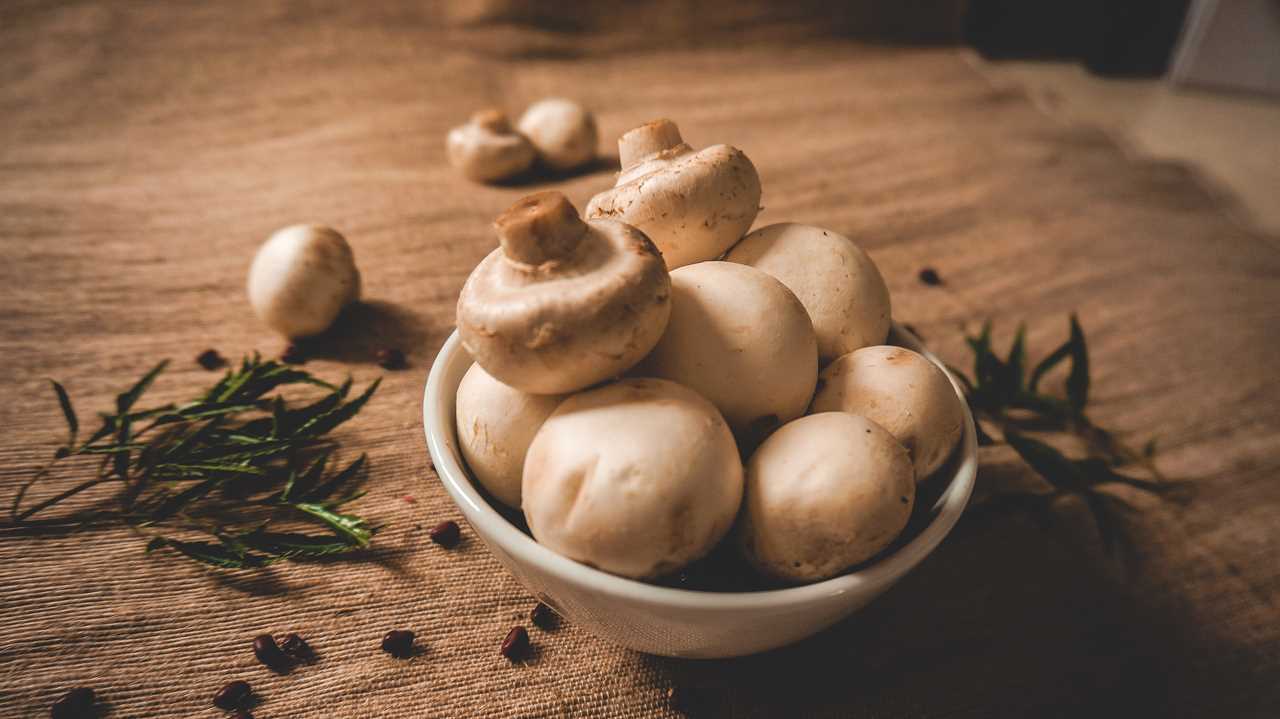
Additionally, using a non-stick pan or coating the pan with a thin layer of oil or cooking spray can further prevent sticking.
Alternatives to fresh herbs for seasoning include dried herbs, spice blends, or citrus zest, which can add flavor and depth to dishes.
What Should I Do if My Food Is Overcooked or Undercooked?
To salvage overcooked or undercooked dishes, alternative cooking methods can be employed. For overcooked food, braising can be utilized to tenderize tougher cuts of meat. Steaming vegetables can also be an option to retain their nutrients and natural flavors.
Sautéing or stir-frying can be used for undercooked ingredients, as they allow for quick and even cooking. Additionally, adjusting cooking times and temperatures can help achieve desired results.
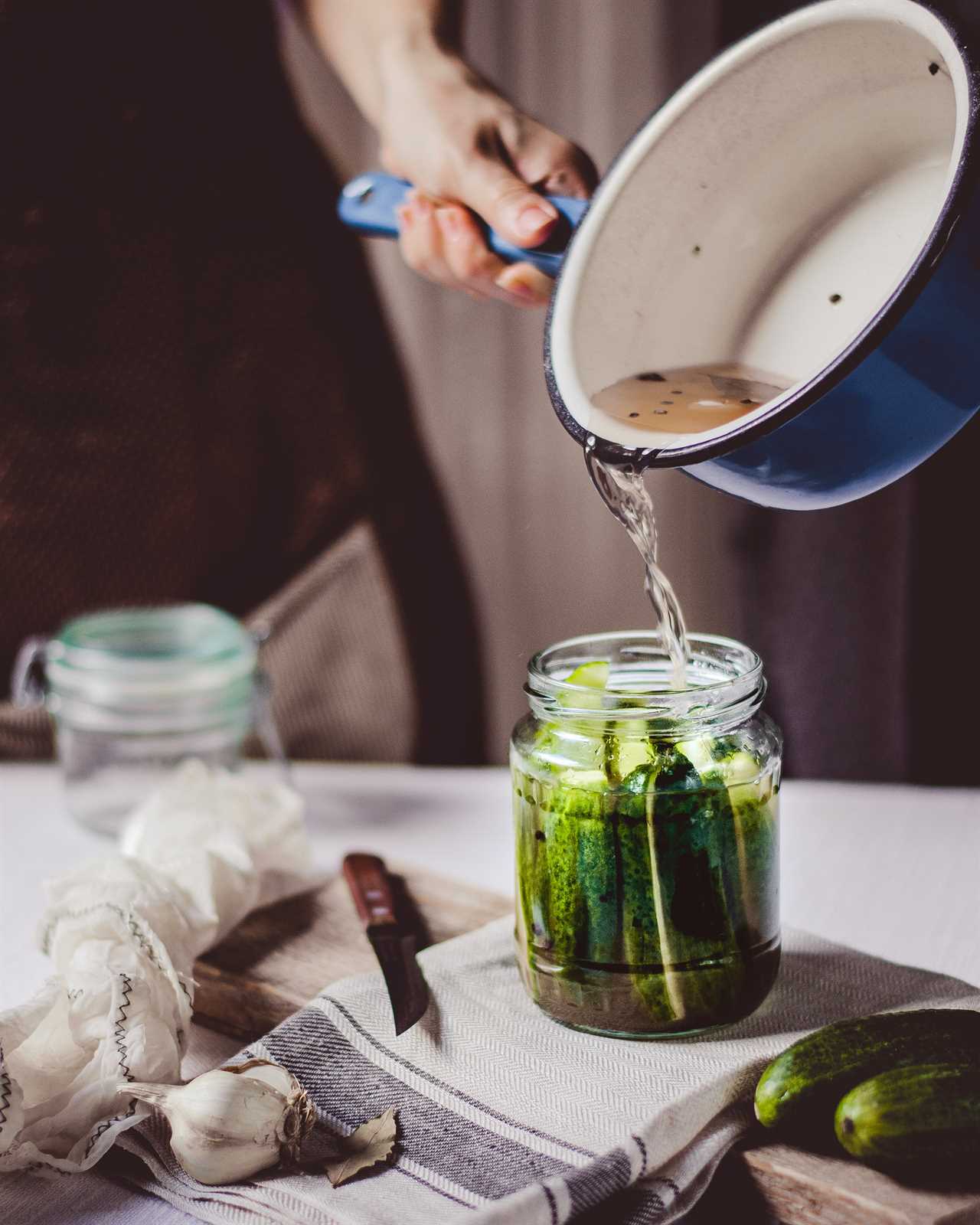
It is crucial to practice patience and allow food to cook thoroughly for optimal outcomes.

